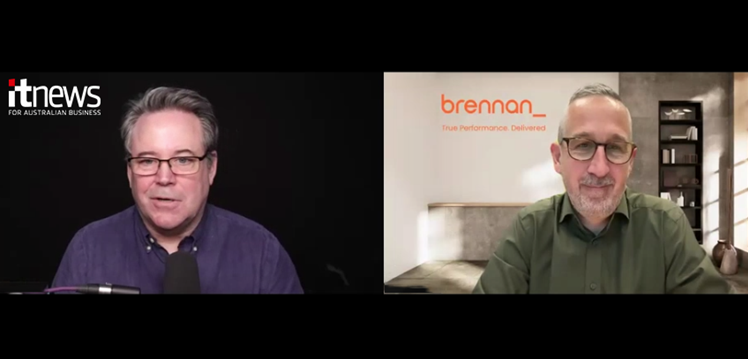ACCC takes aim at the size of the ‘broadband tax’ – Telco/ISP
Australia’s competition watchdog is weighing changes to the ‘‘broadband tax’ that would prevent the scheme from being used by NBN Co to recover “historical losses” for fixed wireless and satellite services.
The ACCC opened a consultation at the end of last week on the regional broadband scheme (RBS) levy, which is an $8.26 a month charge levied on broadband services that use non NBN fixed-line infrastructure.
The money ultimately goes to NBN Co to fund its “loss-making non-commercial fixed wireless and satellite services.”
The ACCC is preparing advice for the communications minister next year that could change the quantum of losses that the tax pays for.
Notably, the commission will explore “whether NBN Co’s historical losses incurred in the supply of fixed wireless and satellite services should be excluded from the RBS levy calculation (i.e. only forward-looking losses should be considered).”
“The RBS levy currently recovers historical losses in the supply of fixed wireless and satellite services incurred since commencement of the NBN build phase in 2010,” the commission said in a consultation paper [pdf].
“The ACCC currently considers that historical losses regarding the supply of these services should be excluded from the RBS levy calculation.”
The ACCC said that allowing NBN Co to continue to recover historical losses via the tax “may… conflict with the promotion of market contestability and competitive neutrality.”
“An RBS levy that recovers historical losses will likely exceed the loss NBN Co incurs in the supply of non-commercial fixed wireless and satellite services,” it said.
“In these circumstances, non-NBN fixed line superfast broadband carriers that pay the RBS levy will be contributing more than necessary to help recover the loss that NBN Co incurs for the supply of these services.
“This may result in these carriers being at a competitive disadvantage relative to NBN Co in the supply of superfast broadband services in areas where non-NBN carriers compete with the NBN.”
The ACCC said that consumers – who ultimately pay the tax – are also disadvantaged through higher-than-necessary charges on their broadband services.
Other changes being considered include the underlying modelling used to calculate the tax amount.
Industry submissions are being accepted through to December 13.
While the changes could ultimately see the broadband tax lowered, it may in future be payable by more people, with the ACCC softening its stance earlier this year on whether cellular fixed wireless broadband users should be liable.
The net effect of the changes could be a smaller tax that is paid by a larger number of broadband users.
NBN Co also has other ways of potentially recovering some of its historical losses through special access undertaking (SAU) mechanisms that allow for broadband service price rises over time.
Source link






